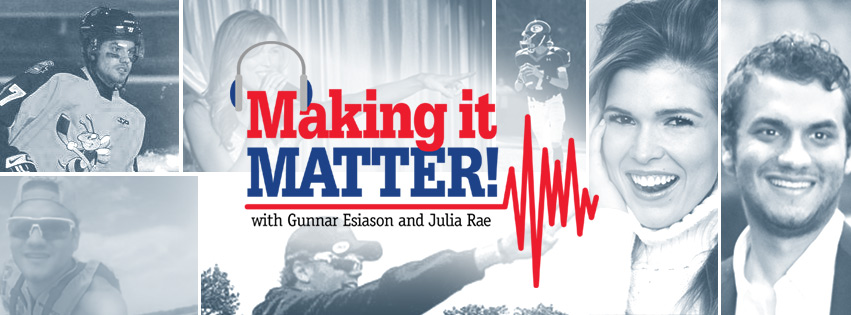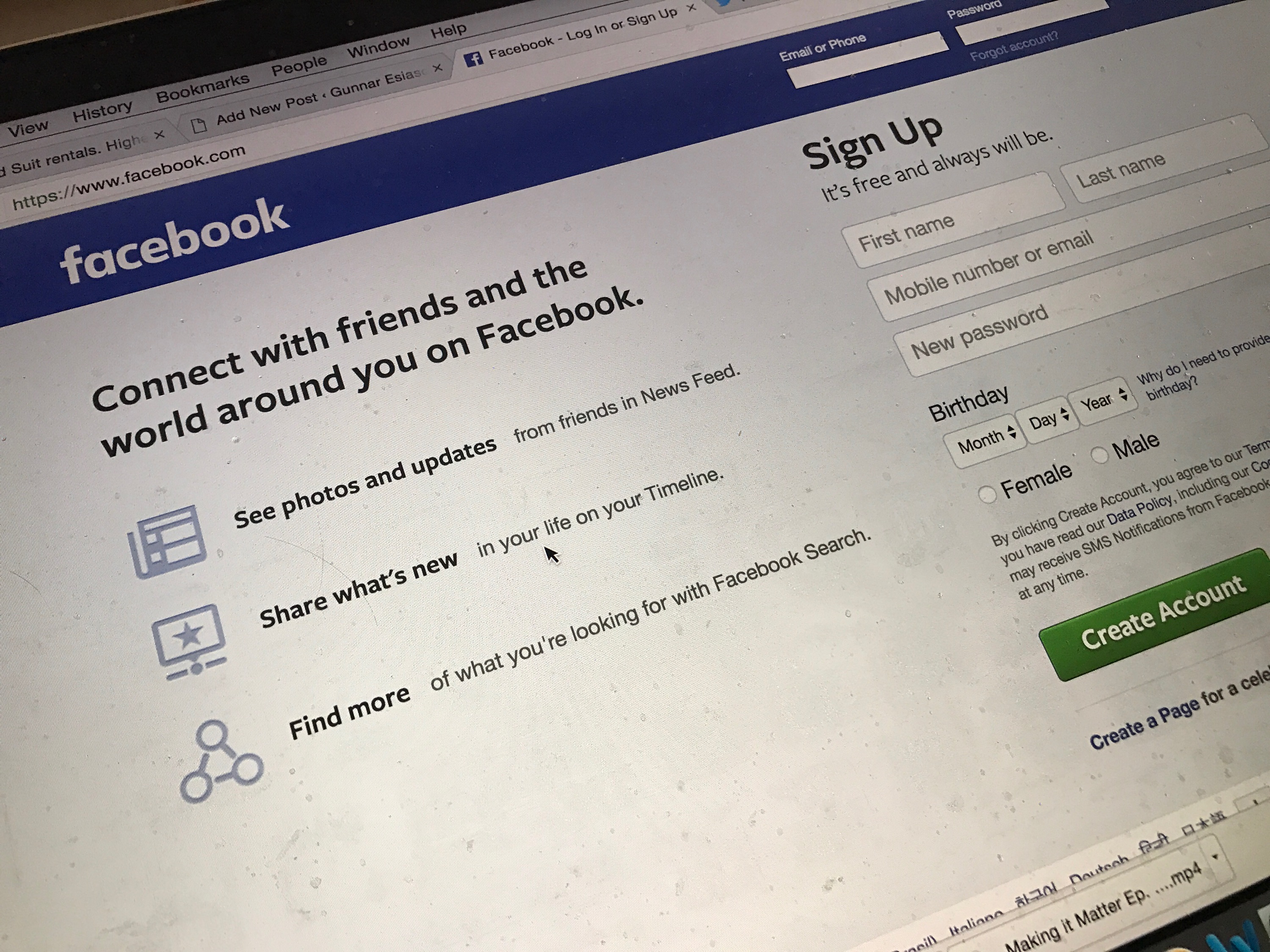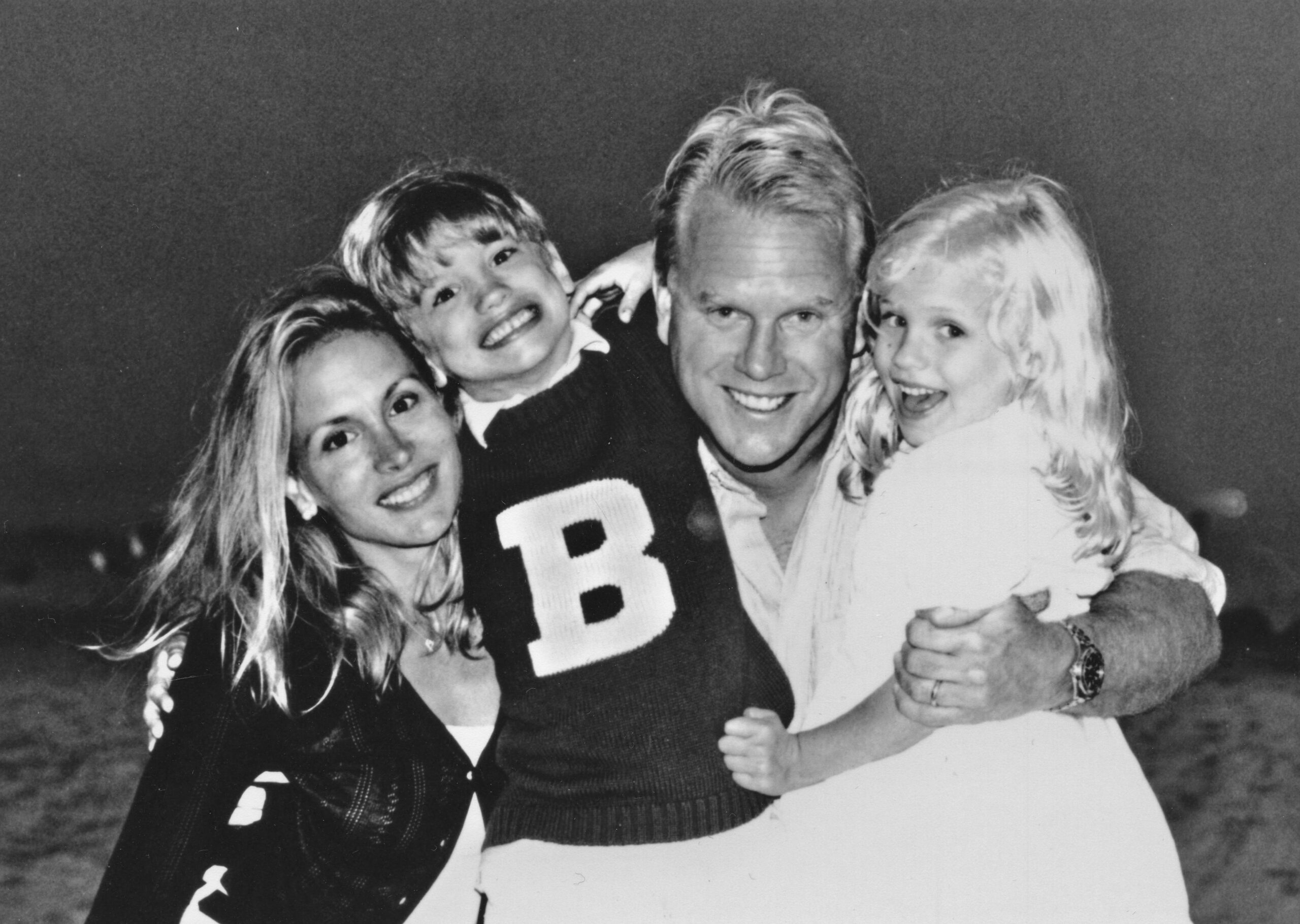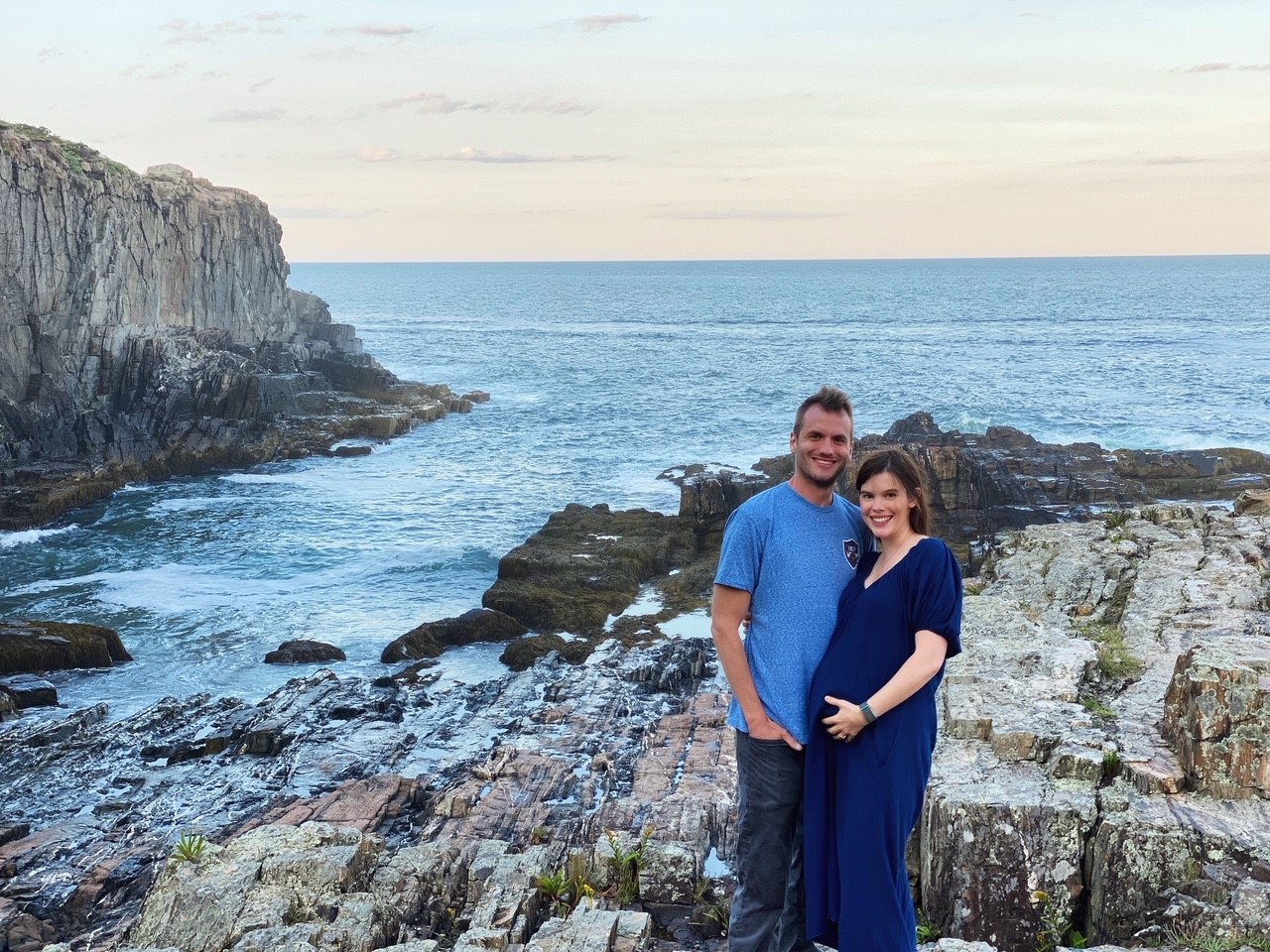Is there such a thing as over sharing on social media? Yes there is.
More and more frequently do we see different influencers come into the social media space and try to take our information and use it in unique ways.
It’s really not too difficult of a task for someone (an employer) to paint a seemingly full picture of someone else’s life (you) simply by going down a Facebook “search” rabbit hole. The simple overlooked fact, however, is that a “search” is never going to be a full picture.
I think we can also agree that we can paint a pretty colorful façade on social media. We choose what we look like and how we present ourselves without any real outside influence. In a lot of ways, I think it gives us a sense of control, which is something that we may not have in the real world.
For these reasons, we have to be careful with what we are putting on social media.
I am going to use myself as an example here. I run a blog and podcast on my own accord with the understanding that I will never censor what I say, and I use social media to promote it. I really put myself and my word out there, but you will never see me share super intimate medical details. That is not censorship; that is a decision I have made to protect myself.
For instance, I never recap clinic visits with every detail, post pictures of my X-Rays, share what antibiotics I use or what my tests show on here. If it do, it’s because I have a reason to share or it is something already known publicly. I may allude to intimate details in general, but you’re not going to get the brand name of a medication or piece of medical equipment form me. For example, you may see a picture of me with an IV bag, but you’re not going to get the name of the medication in that bag or what it’s specifically trying to accomplish inside my body.
When I was younger, my parents never shared intimate medical details publicly (we also didn’t have social media in the 90s). Their efforts to raise money and awareness for CF never centered on my specific illness, but rather cystic fibrosis as a whole.
Why? Because it is my medical history – not yours.
This is important for people dealing with chronic illness, because ultimately a simple Google search these days can reveal a lot of info that really shouldn’t be public. This is something I find to be a bit of an irony because we always hear about people screaming for privacy, yet we’re quick to go home and put a diary entry in the Facebook status bar – especially in the chronic illness community.
The worst case, in my opinion, is when I see a parent post on behalf of their kids. It is mind numbing that someone would think that sort of thing is okay. Your kid is not going to grow up with the personality that you have given him or her on a false Facebook page or a personified blog.
And yes, there are other ways to build a support system away from Facebook.
The public world does not need to know, “little 1 year old Jimmy went to the clinic today, cultured bacteria XYZ and will now be starting medication X in an effort to eradicate the infection. Medication X, by the way, is taken twice daily for 14 days and is shown to effective in vitro. Prayers needed.”
This kind of thing has to be kept private, or at least most of the info does that example post does. Perhaps rephrase what you’re trying to say on behalf of your kid: “Little Jimmy isn’t feeling well, and is going to need to be on some medicine. Everything should be fine, but your prayers would be appreciated.”
How we say something is everything.
Why is it important not to share explicit details publicly? Because some third party individual or entity that has no relationship to Jimmy can make a judgment without seeing the whole picture. If in however many years that “someone” is a school, program or job that little Jimmy is applying to, there can be an issue.
I think we can all agree that people with CF or chronic illness should not be discriminated against (if you disagree, then go f*ck yourself). In fact we have legal protection to ensure that it doesn’t happen, but guess what, it does. We can only advocate for that to change one day, but for the time being genetic discrimination (in this case) is alive and well.
Remember, what may seem like a good idea in the moment, may not be in 2, 5, 10 or 20 years. What may seem like a cute plea for help on behalf of your child can come right back and haunt you. It happens. Be aware.
In a little bit more of a personal example, I’ve said in several podcasts that I have gone on first dates with girls who have looked me up on Facebook before the date only to learn that I have cystic fibrosis without me even saying anything about it. In that kind of situation, the person I may have been on a date with already had a perception about CF that I had to break through. The medical definition of cystic fibrosis on the Internet is very different (positively or negatively) from the cystic fibrosis you or I may live with.
Now, it’s okay to use the Internet as an outlet and maybe even a place to search for help, but the Internet can be just as dangerous as it is helpful.

I use my blog/podcast as an emotional release from chronic illness, but I don’t use it as a medium to share my medical history
I get why people are sharing shit on the Internet, though; it’s part of the emotional release that comes with any chronic illness. Hell that’s what I’m doing here, but we walk a very fine line when it comes to sharing info that can be public and details that should absolutely remain private.
Something as simple as asking an Internet community about an allergic reaction to a drug can not only be dangerous, but also a breach of your own privacy (or your child if he or she is the patient). Whatever you’re putting on the Internet is there forever.
Let’s say, for another example, I write on a Facebook group, “I’ve used prescribed medication X and now I’m seeing a rash develop somewhere on my body, what can I do?” A few things have just happened.
I’ve told the Internet (read: strangers) that I’m using prescribed drug X, designed to perform a specific task; I’ve reacted negatively, or think I have for some unknown reason related to the medication; and I’m expecting the Internet (read: strangers) to give me an answer that I can trust.
Can the Internet be considered a legitimate physician? No.
Why do we do these kinds of things? Is it because we are afraid of getting bad news from the doctor? People in the medical profession are there because they want to help other people. They have dedicated their lives to helping people. It’s better to get bad news and have a plan, than to be completely misled.
How many times have you diagnosed yourself (incorrectly) with lymphoma on WebMD? I’ve done it a handful of times, but for some reason I keep going back. Has the era of information that we live in led us to believe that we can turn ourselves into self-proclaimed experts in whatever field we choose? I’m not sure, but it’s a problem especially when we try to oversimplify something as complex as cystic fibrosis care.
The bottom line is that no, a sore throat is not typically sign of lymphoma, but we still search for an answer in a moment of vulnerability.
Ultimately do I think the Internet is inherently dangerous? No, I do not. I think the Internet, and social media specifically, has done a great service in the way of educating the public and allowing us to communicate on a level that is constantly evolving. We just have to be smart with the way we use it. I’m asking you to think big picture.
I always tell myself that emotional decisions are not always the right decisions. Part of growing up with cystic fibrosis is learning how to make concise, responsible decisions in the face of crisis and adversity. That skill evolves for both patients and our families. Learn how to use it.
Do not misinterpret what I am saying here to think that I am knocking the Cystic Fibrosis Patient Registry. That is an amazing tool for shared blinded patient data. It is incredibly helpful in understanding the complexities and trends associated with the disease.





